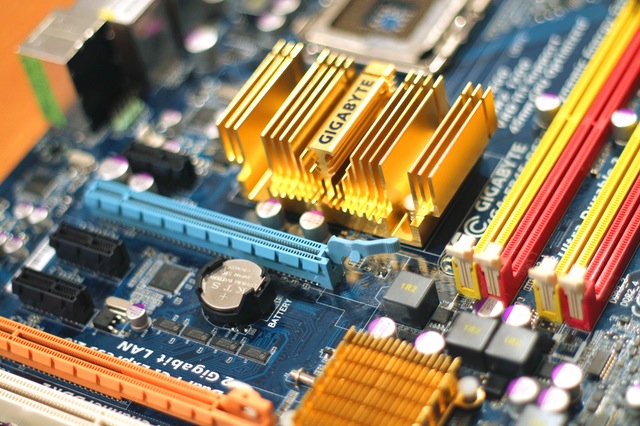
In a move that feels like it was pulled straight from a late-night congressional spy thriller, the U.S. has thrown a wrench into the high-tech dance between Taiwan and China. Taiwan Semiconductor Manufacturing Co (TSMC), known as the world’s leading contract chipmaker, was served an ultimatum by Uncle Sam via the Department of Commerce. Starting this past Monday, TSMC has reportedly been ordered to hit the pause button on shipping its cutting-edge chips to customers in China, particularly those chips that tickle the fancy of artificial intelligence (AI) and GPU aficionados.
The chips in question are no ordinary silicon slices; we’re talking about the elite of the semiconductor world, chips with a design scale of 7 nanometers or finer. These are the kind of chips that, when placed in an AI system, could potentially outthink your average barista. The directive from the U.S. aims to choke off the supply line of tech components that could empower China’s AI ambitions, especially those of tech giant Huawei, which has been playing a game of cat and mouse with U.S. trade regulations.
Huawei, already on the U.S.’s naughty list, finds itself at the center of this semiconductor war. The company’s AI chip, the Ascend 910B, was found to be cozying up with a TSMC chip, an encounter not sanctioned under current export controls. This discovery led to a swift reaction from TSMC, which, after a bit of introspection or perhaps a stern talking-to from U.S. officials, decided to suspend shipments to Sophgo, a Chinese chip designer, whose products were spotted in the company of Huawei’s AI endeavors.
The method of how these chips journeyed from TSMC’s labs to Huawei’s products remains as mysterious as the recipe for the perfect cup of tea, but the implications are clear: the U.S. is tightening its grip on tech exports to China with a focus on AI technology. This isn’t just about playing hardball with one company; it’s a widespread clampdown, signaling a broader strategy to monitor and control where advanced tech goes, especially if it could end up in the hands of competitors or, worse, in military applications.
This embargo on chip exports not only highlights the ongoing tech tug-of-war between global powers but also showcases the U.S.’s determination to maintain its technological edge. For TSMC, caught between being a global supplier and adhering to international trade laws, this directive means navigating through a geopolitical minefield with the precision of a bomb disposal expert.
As for the tech community, this development might stir an existential crisis among AI developers in China, pondering if their next-generation AI will have to make do with last-gen hardware or if they’ll need to pivot to other foundries or perhaps innovate around these restrictions. Meanwhile, TSMC has to reassure its clients while possibly scrambling to adjust its production lines or seek alternative markets for its high-end products.
In essence, the U.S. has not just played a card in the global trade game but has potentially reshuffled the entire deck, making everyone from tech companies to nations rethink their strategy in the fast-evolving chessboard of international technology trade.
- Bulenox: Get 45% to 91% OFF ... Use Discount Code: UNO
- Risk Our Money Not Yours | Get 50% to 90% OFF ... Use Discount Code: MMBVBKSM
Disclaimer: This page contains affiliate links. If you choose to make a purchase after clicking a link, we may receive a commission at no additional cost to you. Thank you for your support!




Leave a Reply